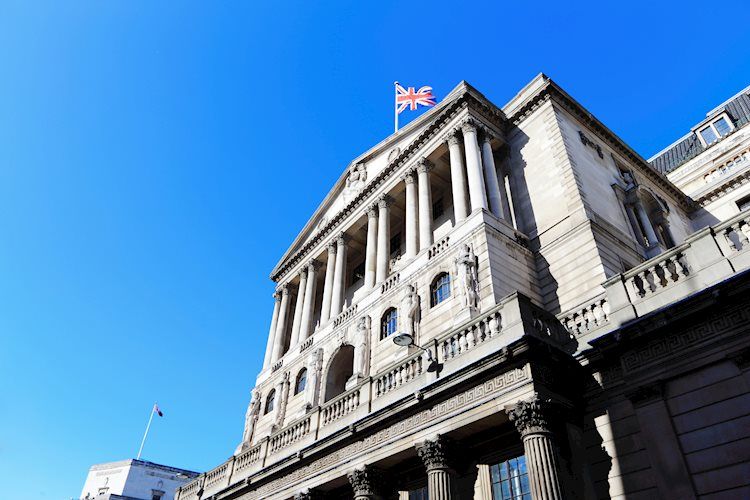Bank of England’s Andrew Bailey has recently commented on the central bank’s need to be cautious of persistent inflationary pressures. This indicates that if these pressures persist, further monetary tightening will be required. Bailey has also stated that any response from the Monetary Policy Committee (MPC) will be anchored in the emerging evidence. With the current economic evidence indicating a more resilient activity in the economy, there is a need to keep a close watch on inflation pressures.
The central bank’s recent decision to increase the bank rate has been attributed, in part, to the rise in the inactivity driven by early retirement which may have contributed to a rise in the cyclical r-star rate. Bailey noted that this is part of the reason why the bank rate has been raised as much as it has.
The pound sterling to US dollar (GBP/USD) currency pair is currently trading at around $1.2300 ahead of the UK’s Gross Domestic Product data release on Friday. The market is waiting to see the data ahead of any further developments on the GBP/USD pair.
It is essential to understand the significance of these comments made by Bailey, especially regarding the prolonged inflationary pressure. Persistent inflationary pressure is when the rate of inflation continues for a prolonged period, impacting the economy’s overall stability. It can lead to an increase in the cost of goods and services, reducing consumer buying power and negatively impacting consumer behavior.
The central bank’s key objective is to maintain economic stability and price stability, making it crucial to monitor inflation. If inflationary pressure persists and turns out to be an underlying issue, the central bank might introduce policies to reduce inflation, such as increasing interest rates.
The goal of monetary policy is to reduce the impact of inflation on the economy while ensuring economic growth. By controlling the availability of money and interest rates, monetary policy aims to affect inflation rates and keep them within a target range.
In recent years, the Bank of England has implemented a series of policies to maintain economic stability and price stability. These policies include raising interest rates and quantitative easing, which have helped the economy to recover from the recession it experienced in 2008.
Since then, interest rates have remained low for a long time, leading to a rise in asset prices and a simultaneous decline in savings rates. The economic environment has since changed, and any raise in interest rates has significant implications for the economy.
That said, Bank of England’s recent decision to raise the bank rate by 0.25% to 0.75% was a symbolic effort to address the increasing inflationary pressures but also to signal the central bank’s willingness to tighten monetary policy if necessary.
The decision was supported by the fact that, according to the Bank of England, the UK’s economic productivity and investment momentum have been increasingly robust.
The current market environment is reflective of this sentiment, with the pound sterling positioning itself for potential gains. The currency is expected to benefit from the bullish outlook of the MPC.
However, the MPC will keep a close watch on the economic parameters – inflation, productivity, and employment – to make informed decisions on the future of the bank rate. The goal is to maintain economic stability while ensuring that the economy continues to grow.
In conclusion, Bank of England’s Andrew Bailey’s recent comments should not be taken lightly. Prolonged inflationary pressure could impact the overall stability of the economy, making it essential to monitor it closely. The bank rate raise by 0.25% is indicative of the central bank’s willingness to act regarding inflation, and the MPC’s decision will be informed by the emerging evidence. The economy’s productivity and investment momentum appear to be robust, and the pound sterling is positioning itself for potential gains. However, it is essential to stay alert to any signs of further inflationary pressure and investment strains in the global banking system that could impact the UK’s economy.


